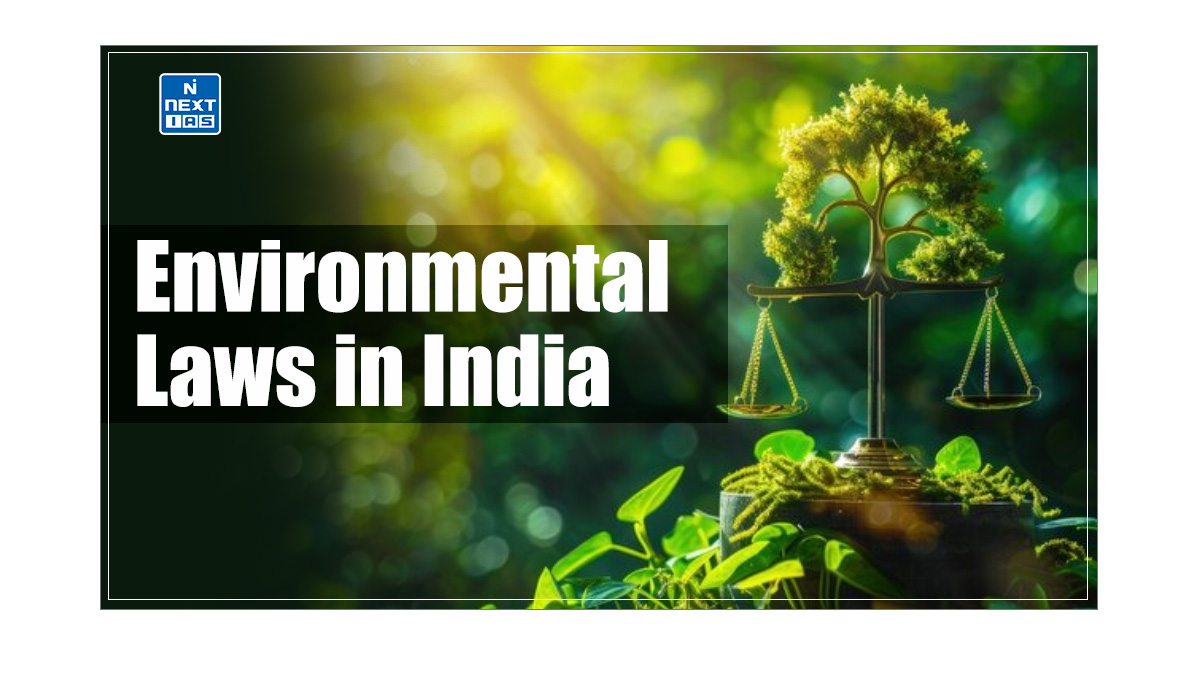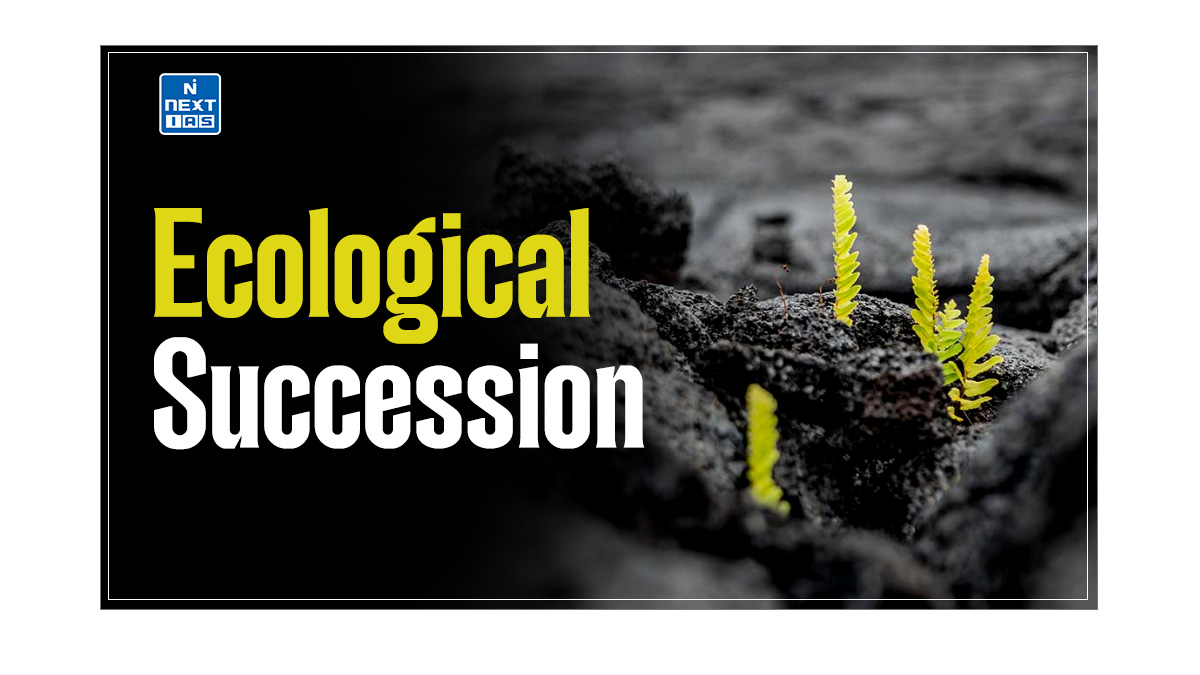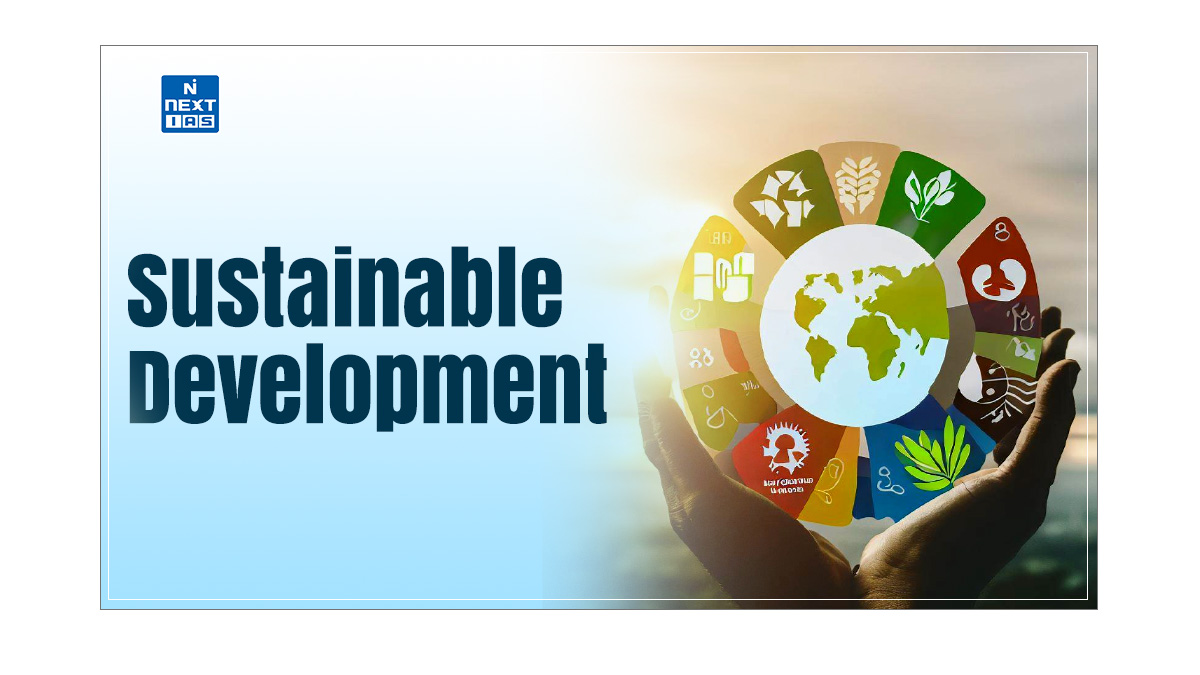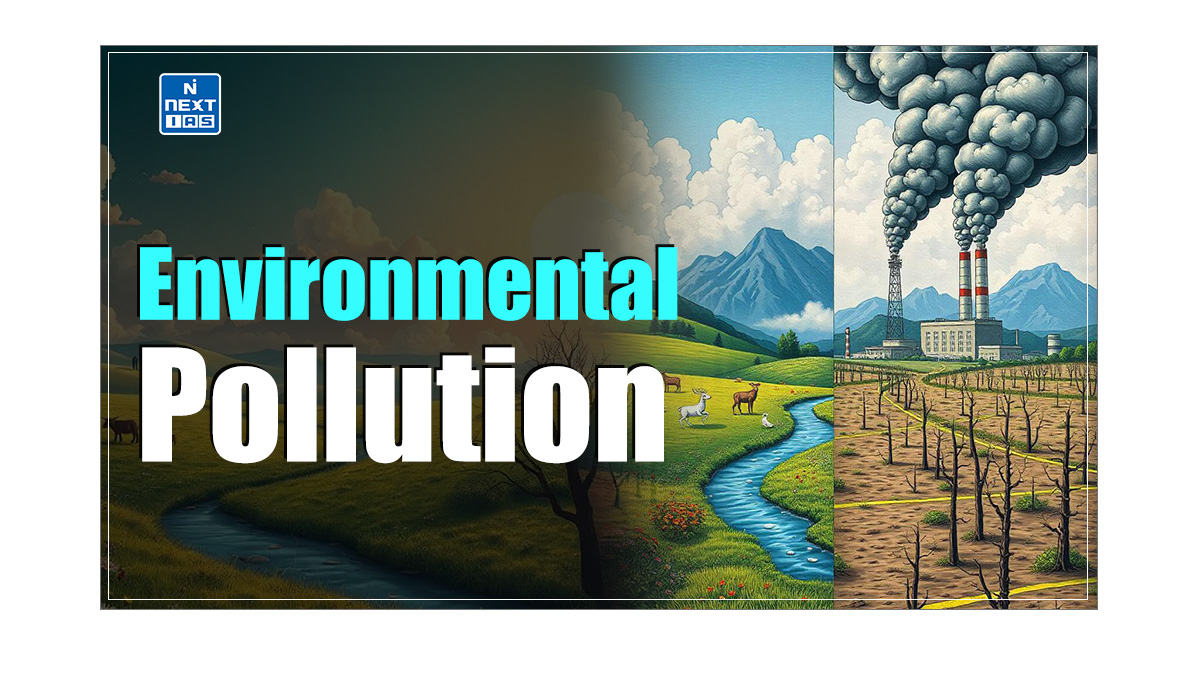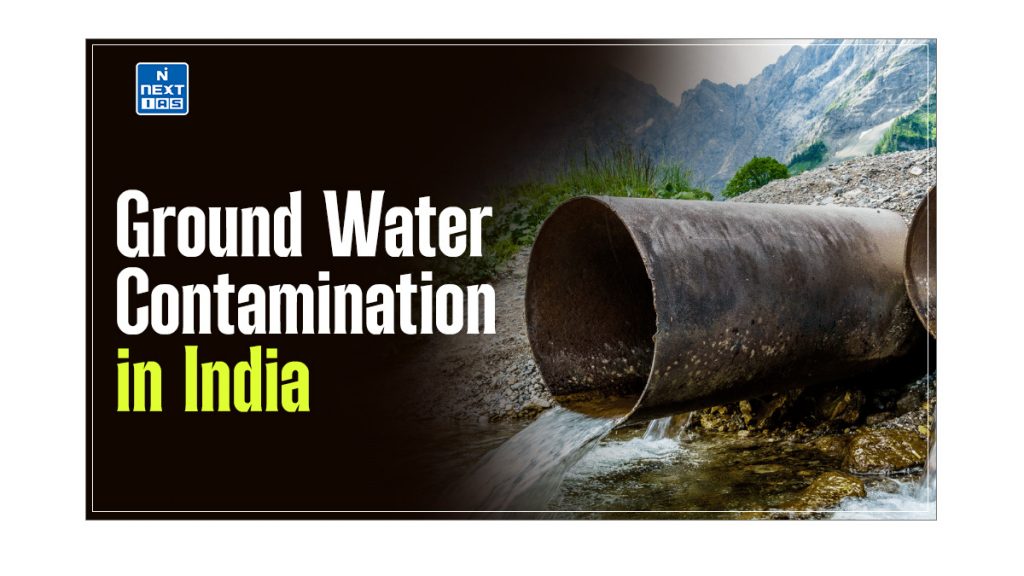
Groundwater Contamination in India is a critical environmental issue, affecting millions of people due to industrial waste, agricultural runoff, and urban pollution. Addressing this contamination is vital for public health, food security, and sustainable development in the country. This article aims to study in detail the causes, impacts, and potential solutions to groundwater contamination in India.
Introduction
- Groundwater is a crucial source of drinking water, irrigation, and industrial use in India, supporting nearly 600 million people.
- Despite its importance, however, groundwater in many regions is facing severe contamination, leading to public health crises, economic losses, and environmental degradation.
- Understanding the causes and consequences of groundwater contamination is essential for developing effective solutions.
Read our detailed article on Groundwater Extraction: Reasons, Effects & Solutions.
Causes of Groundwater Contamination
The causes of groundwater contamination can be seen as follows:
- Industrial Discharges: Rapid industrialisation has led to the unregulated disposal of hazardous waste into water bodies. Industries such as textiles, chemicals, and pharmaceuticals often release toxic substances seeping into groundwater.
- Agricultural Practices: The excessive use of fertilisers and pesticides in agriculture contributes significantly to groundwater contamination. Nutrients like nitrates and phosphates leach into the soil, eventually reaching the water table. Additionally, improper irrigation and over-extraction of water further exacerbate the issue.
- Urbanisation: The rapid growth of urban areas often results in inadequate waste management systems. Sewage and solid waste are frequently dumped untreated, leading to leachate contaminating groundwater.
- Deforestation and Land Use Changes: Deforestation and changes in land use disrupt the soil’s natural filtration processes. This can lead to increased runoff and the subsequent entry of pollutants into groundwater systems.
- Mining Activities: Mining operations can introduce heavy metals and other harmful substances into the environment. When these contaminants reach groundwater sources, they pose serious health risks.
Impact of Groundwater Contamination on Health
The health implications of groundwater contamination are severe. Many contaminants, such as heavy metals (lead, arsenic, cadmium) and pathogens, can cause acute and chronic health issues, including:
- Waterborne Diseases: Contaminated water can lead to diseases such as cholera, dysentery, and hepatitis.
- Chronic Illnesses: Long-term exposure to heavy metals and other pollutants can result in kidney damage, neurological disorders, and cancers.
- Reproductive Health Issues: Contaminants like pesticides and heavy metals have been linked to reproductive health problems, including birth defects and infertility.
Impact of Groundwater Contamination on Economy
- The economic implications of groundwater contamination are substantial. Contaminated water affects agricultural productivity, leading to lower crop yields and increased food insecurity.
- Moreover, healthcare costs rise due to the treatment of waterborne diseases and long-term health issues.
- The loss of productivity and increased expenditure on clean water sources further strain local economies.
Solutions and Strategies to Groundwater Contamination
- Regulatory Framework: Strengthening laws and regulations related to industrial discharges, agricultural practices, and waste management is essential. Implementing stricter penalties for non-compliance can deter polluters.
- Sustainable Agricultural Practices: Promoting organic farming and integrated pest management can reduce the reliance on harmful chemicals. Training farmers in sustainable practices can help minimise the leaching of pollutants into groundwater.
- Waste Management Improvement: Developing efficient waste management systems in urban areas can significantly reduce groundwater contamination. Initiatives such as decentralised waste treatment and recycling can mitigate the impact of urban waste on water sources.
- Public Awareness Campaigns: It is vital to educate communities about the importance of groundwater conservation and contamination prevention. Awareness programs can encourage responsible water use and pollution prevention practices.
- Research and Monitoring: Investing in research to understand the extent and nature of groundwater contamination can inform effective policy-making. Regular monitoring of groundwater quality can help in the early detection of contaminants and prompt remediation actions.
- Community Involvement: Engaging local communities in groundwater management can enhance the effectiveness of conservation efforts. Community-led initiatives can foster a sense of ownership and responsibility towards protecting water resources.
Conclusion
Groundwater contamination in India is a pressing issue that requires immediate attention and action. By addressing the causes of contamination and implementing effective strategies, India can safeguard its vital groundwater resources, ensuring a healthier future for its population. Collaborative efforts among government, industry, and communities are essential to create a sustainable and secure water future.
GS - 3